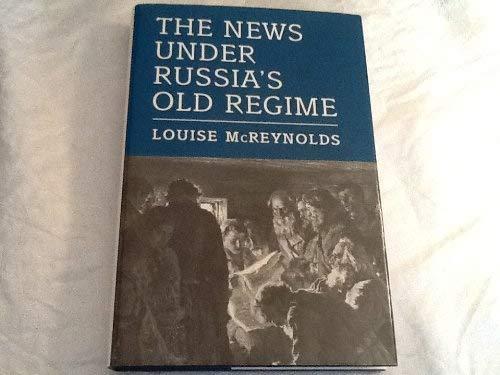
The News under Russia's Old Regime: The Development of a Mass-Circulation Press (Princeton Legacy Library, 1219) PDF
332 Pages·1991·22.2595 MB·english
Most books are stored in the elastic cloud where traffic is expensive. For this reason, we have a limit on daily download.
Preview The News under Russia's Old Regime: The Development of a Mass-Circulation Press (Princeton Legacy Library, 1219)
Description:
In this lively account of the rise of a commercial newspaper industry in
imperial Russia, Louise McReynolds explores how the mass-circulation
press created a forum for popular opinion advocating political change.
From the Great Reforms of Tsar Alexander II in 1855 to the Bolsheviks'
shut-down of the newspapers in 1917, she chronicles the exploits of
publishers and editors, writers and readers. Arguing that this
prosperous industry both expressed and shaped the development of ideas
among new social groups, McReynolds provides insight into the growth in
Russia of a fragile pluralism characteristic of modern societies. Her
discussion of the relationship between communications and politics,
which draws especially on Jurgen Habermas, combines a variety of
interrelated ingredients: institutional histories of major newspapers,
biographical sketches of journalists, the intellectual impact of the new
language of newspaper journalism, the political ramifications of public
opinion under the auspices of an autocratic government. Comparing the
Russian press with independent commercial newspaper industries in the
United States, England, and France, McReynolds examines the extent to
which Russia was evolving according to Western political and
socioeconomic patterns before the Bolshevik Revolution.
See more
The list of books you might like
Most books are stored in the elastic cloud where traffic is expensive. For this reason, we have a limit on daily download.
